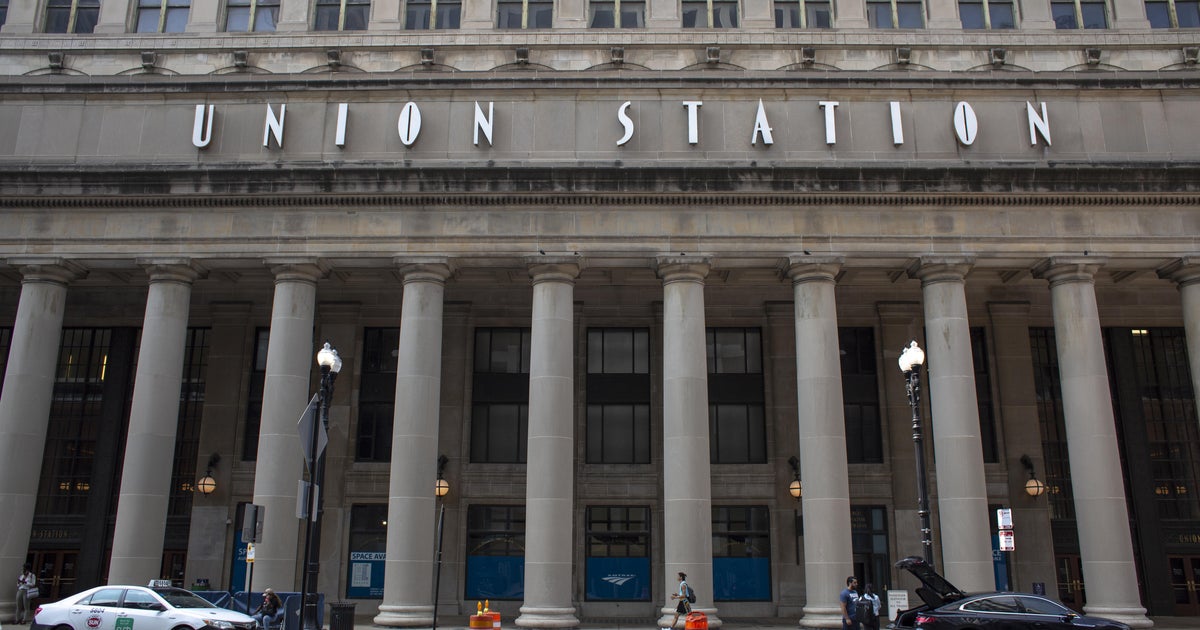Witness: Al-Qaida Militant Wanted To Attack Defense Contractor
UPDATED 05/31/11 5:50 p.m.
CHICAGO (AP) -- An admitted American terrorist who is the government's star witness in the trial of a Chicago businessman accused in the deadly 2008 Mumbai attacks said Tuesday that another militant with ties to al-Qaida had once plotted to attack U.S. defense contractor Lockheed Martin.
David Coleman Headley, who has pleaded guilty to laying the groundwork in the three-day massacre that left more than 160 dead in India's largest city, is testifying in the trial of his longtime friend, Tahawwur Rana, in exchange for avoiding the death penalty and extradition. CBS 2's Derrick Blakley reports.
Rana has pleaded not guilty to accusations that he provided Headley cover as the Pakistani-American conducted surveillance in India before the attacks. Rana, a Canadian national who has lived in Chicago for years and owns an immigration services business, has pleaded not guilty.
Though Rana is on trial, it is Headley's testimony that is being closely watched for any clues in the fight against global terrorism, especially in the wake of the May 2 killing of Osama bin Laden by U.S. forces outside Pakistan's capital city and amid suspicions that the country's government may have known or helped hide the former al-Qaida leader.
On Tuesday, Headley told jurors that in August 2009, he used one of Rana's work computers in Chicago to begin researching details about Lockheed Martin and its CEO for Ilyas Kashmiri, a Pakistani terrorist leader who has ties to al-Qaida.
"He had people who had conducted surveillance," Headley said of Kashmiri.
Headley said Kashmiri was angry over the U.S. drone attacks inside Pakistan and wanted to target the defense contractor.
Kashmiri leads the militant group Harakat-ul-Jihad al-Islami, which has launched attacks in India and Pakistan, including a 2006 suicide bombing against the U.S. consulate in Karachi that killed four people, according to the State Department.
Headley did not provide details about the plot, which was not carried out, but said Rana did not know about it.
Rana's defense attorneys have tried to discredit Headley, who spent days detailing for prosecutors how he took orders from the Pakistani intelligence agency, known as the ISI, and Lashkar-e-Taiba, the militant group blamed in the Mumbai attacks.
Headley also has pleaded guilty to plotting an attack against a Danish newspaper that in 2005 printed cartoons of the Prophet Muhammad, which angered many Muslims. Rana is also charged in that plot, which was never carried out.
The defense's main focus has been to portray Headley as a liar who has lived multiple lives. Attorneys have asked Headley to detail how he worked as an informant for the Drug Enforcement Administration after two heroin convictions while also first becoming involved with Lashkar.
Under defense questioning, Headley has admitted that he lied in his initial statements to law enforcement when he said Rana had no knowledge of his plans. On Tuesday he admitted that he had sought a psychiatrist for a "mixed personality disorder" diagnosis, but did not disclose that treatment when asked by the judge in the case. He also acknowledged that he omitted details about his second wife when he spoke to his first wife.
(TM and © Copyright 2010 The Associated Press. All Rights Reserved. This material may not be published, broadcast, rewritten or redistributed.)



